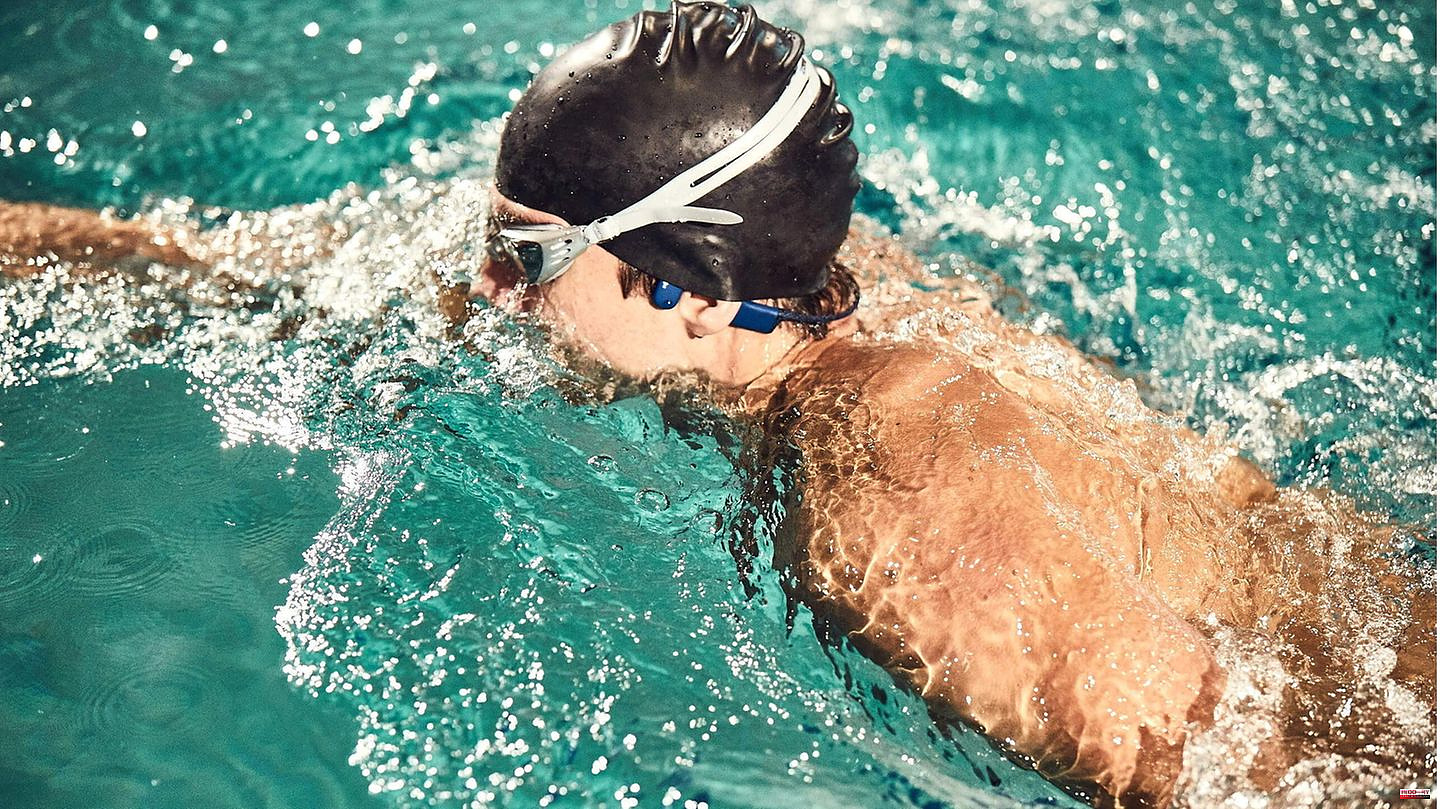Music is multi-talented. Music makes you happy. music comforts. Music makes people laugh. Music arouses emotions. And: Music motivates. Millions of amateur runners around the world have long recognized this. There are now more joggers with their favorite sound or a podcast in their ears than those who have left Airpods and the like at home. Now, water is an element that struggles with electronics of all kinds. Nevertheless, water rats can also listen to music while swimming laps in the outdoor or indoor pool. Even superstars of the swimming scene like record Olympic champion Michael Phelps or Natalie Coughlin train with music. The market leader from California does not have any suitable models in its range. So Airpods alternatives are in demand.
In this article you can read what you should consider when buying headphones for crawling and which models are even possible.
Headphones that are to be used while swimming must meet three important criteria.
Here, too, there are three options to choose from.
A distinction is also made between the widespread in-ear models and so-called open-ear headphones, which sit next to the ears and work with bone conduction. A system that was specially developed for enjoying music under water. So-called transducers do not transmit the sound vibration via the air but via the cranial bone into the inner ear. Small disadvantage: The ears are exposed and are therefore also open to all background noise. For undisturbed sound during swimming training, earplugs must be worn, which are usually included in the scope of delivery. With the in-ear variant, the buds act as earplugs. This model should also reliably deliver music in sea water.
advantages
Disadvantages
In-Ear
- Selection significantly larger
- comparatively cheap
- slip a little easier
- Water gets into the ear more easily
Open-Ear
- sit securely on the head
- higher quality sound
- additional earplugs necessary
- slightly higher price
An international standard has been established for all technical devices that could come into contact with water or liquids in general. The International Protection (IP) Codes provide information about the waterproofness of a product, among other things. While headphones for jogging easily get by with the certification IPX4 (protection against splash water) or IPX5 (protection against water jets), headphones for swimmers must be marked with at least the IPX7 label. With this number, the manufacturer assures that the headphones are protected against "temporary submersion". Sports swimmers should therefore use models with the highest certification if they want to enjoy their headphones for longer. Protection class IPX8 means "Protection against permanent immersion". This model has been certified with the highest protection class.
Bluetooth technology, which is widespread for headphones "on land", has not yet been able to establish itself in headphones for swimming, despite smartwatches. The radio connection between transmitter and receiver is not stable enough and usually breaks off just below the water surface. In short, the best option for swimmers is headphones with an integrated MP3 player. It must then be equipped accordingly on the laptop at home before the training session. When buying, you should pay attention to the storage capacity in addition to the battery life. It should be at least 1 GB. Some manufacturers now offer devices with 4 GB or more. You can read a current Bluetooth headphone test here.
Note: The article was first published in March 2021.
This article contains so-called affiliate links. There is more information here.












